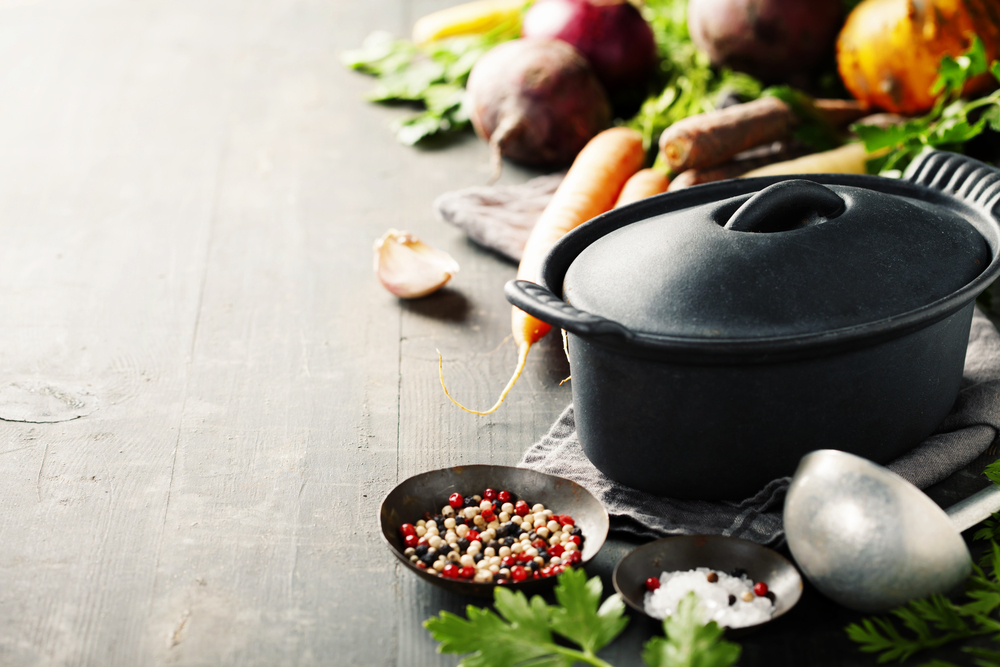Keeping a Food Diary When You Have FAP

If you have familial amyloid polyneuropathy (FAP), a healthy diet may help delay the onset and slow the progression of the disease. To keep track of what you’re consuming, a food diary can help.
What is a food diary?
A food diary is a daily log of what you eat and drink. It can help you and your healthcare team understand your eating habits and patterns and help you identify what you consume on a regular basis.
Why are food diaries important for FAP?
Food diaries can help you incorporate dietary recommendations for FAP into your daily habits. Be sure to speak with your primary physician before making any dietary changes.
What are the dietary suggestions for FAP patients?
Dietary suggestions include:
Increasing water intake
The disease process in FAP occurs in the interstitial space, or the compartment that surrounds tissues and is filled with interstitial fluid that ultimately allows movement of ions, proteins, and nutrients across the cell barrier. As such, that space is very sensitive to a fluid deficit.
Reducing salt consumption
Elevated salt intake may contribute to low-grade metabolic acidosis and a thickening of the interstitial space of the heart muscle, blood vessel walls, and other tissues. This may hinder the transfer of substances between cells and blood vessels.
Excess sodium can also lead to high blood pressure, potentially resulting in peripheral nerve damage, which already occurs in FAP.
Consuming more fruits and vegetables
Eating plenty of fruits and vegetables could help offset significant digestive problems associated with FAP. At least five servings daily are recommended.
Eating a heart-healthy diet
Heart involvement is common in FAP. To avoid heart disease, many scientists suggest replacing saturated and trans-fatty acids with unsaturated, non-hydrogenated fats and oils. They also suggest increasing the consumption of fish, fish oils, and plant-based foods.
Avoiding gluten
Recent research suggests an association between gluten sensitivity and nerve pain. Therefore, you may want to consider lowering your consumption of starchy, high-gluten foods.
Taking vitamins and supplements
Vitamin B12 deficiency is a common cause of neuropathy. Lean poultry and fish are high in vitamin B12, and their consumption may help keep nerve cells healthy. Speak to your doctor about whether supplements are right for you.
What should I include in a food diary?
What’s crucial in successful food journaling is accuracy and consistency. Keeping that in mind, a basic food diary should include the following:
- What you are eating: jot down the specific food or beverages consumed and how they were prepared, including any sauces or condiments.
- How much you are eating: list the amount in household measures, if possible.
- When you are eating: note the time you consume a food or beverage. This can be helpful in identifying potentially problematic times, such as late at night.
What do I do with my food diary?
After completing a week’s worth of food journaling, look at what you’ve recorded. Take note of any patterns or habits. Once you’ve identified areas for improvement, set one or two healthy eating goals for yourself, and continue to track your progress.
Last updated: July 23, 2020
***
FAP News Today is strictly a news and information website about the disease. It does not provide medical advice, diagnosis, or treatment. This content is not intended to be a substitute for professional medical advice, diagnosis, or treatment. Always seek the advice of your physician or other qualified health provider with any questions you may have regarding a medical condition. Never disregard professional medical advice or delay in seeking it because of something you have read on this website.






